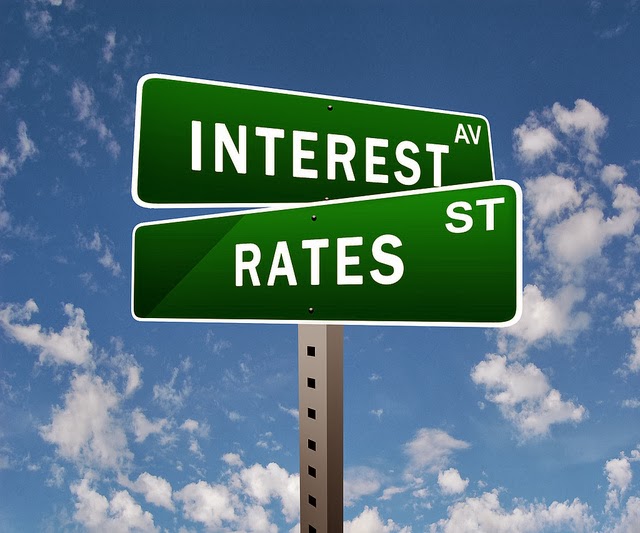Factors That May Affect Mortgage Interest Rates
There's more to the
cost of owning
a home than the price the seller is asking for. The interest rate on your
mortgage will affect the price and how much you'll pay every month.
Comparing mortgage
interest rates is important because they may change daily, and different rates
may be associated with different types of loans. With variable-rate or
adjustable-rate mortgages, it is understood from the outset that the loan's
interest rate will change over time, becoming higher or lower depending on the
current economic climate.
Here is why mortgage interest rates fluctuate
so frequently.
The Federal Reserve
and Interest Rates
The Federal Reserve System ("The Fed"),
although considered our country's central banking system, is independent of the
federal government. In essence, the Fed controls the movement of money
throughout the U.S. financial system.
Mortgage Investors and
Changing Interest Rates
The Federal Reserve is
not the only player affecting changing mortgage rates. To create more money to
lend, banks often sell their loans on the secondary market, now controlled by
the federal government. Banks and other mortgage lenders sell mortgage-backed
securities to investors. The return on investment for these investors is
generated by interest paid by mortgage holders on their loans. For the
investors to realize a return, banks must charge a higher interest rate.
The Effect of Changing
Mortgage Interest Rates on Loans
Though they are
locked-in once the application process is completed, fixed-rate mortgage rates
are constantly changing. Interest rates for variable-rate loans fluctuate as
well, and continue to change throughout the term of the loan. Another impact on
interest rates occurs when lower interest rates attract homeowners wishing to
refinance their mortgages.



Comments
Post a Comment